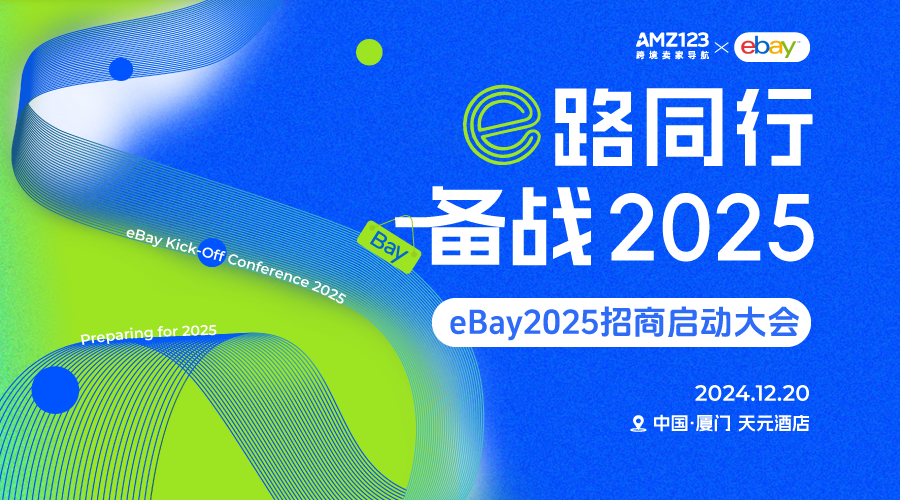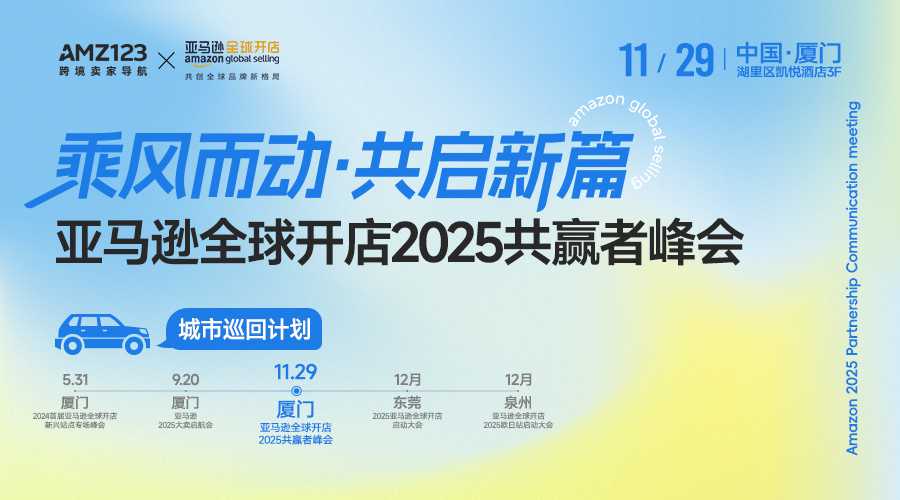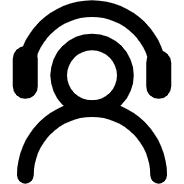The FIFA World Cup™ tournaments are the most iconic football competitions in the world, reaching and inspiring fans all across the globe. Key brand assets such as the FIFA World Cup Trophy are universally known, and the great value they represent is a cornerstone of FIFA’s commercial programme.
Therefore, investing time and resources to protect its brands is of paramount importance to FIFA in order to secure the revenue streams which enable us to support our various technical, medical, educational and other social development initiatives as well as the FIFA men’s, women’s and youth competitions.
国际足联世界杯TM锦标赛是世界上最具标志性的足球比赛,影响并激励了全球各地的球迷。国际足联世界杯奖杯等关键品牌资产是众所周知的,它们所代表的巨大价值是国际足联商业计划的基石。
因此,投入时间和资源来保护其品牌对国际足联至关重要,以确保这些收入来源能够支持各种技术、医疗、教育和其他社会发展举措以及国际足联男子、女子和青年比赛。
Protecting the World Cup brandStaging any World Cup tournament begins well in advance of the first match. The focus of the preparations is not only on developing the infrastructure of stadiums, transportation and other event logistics, but also on the creation of a unique tournament brand and experience.A tournament brand suite regularly includes an Official Emblem, Official Look and Official Mascot, and it may also feature an Official Slogan, Official Poster, Host City Posters and more. From the early days of the event preparations right through to the final dramatic moments when the tournament’s trophy is presented to the winning team, the whole event needs a strong brand that captures the essence of the tournament and the host country, whilst forging strong emotional links with fans all over the world.As the patron of the World Cup tournaments, it is essential that FIFA protects the integrity of the events’ and our own FIFA brand.任何世界杯锦标赛的举办都早在第一场比赛之前就开始了。准备工作的重点不仅在于建立体育场、交通和其他赛事物流的基础设施,还在于创造独特的锦标赛品牌和体验。一套锦标赛品牌固定地包括官方徽章、官方外观和官方吉祥物,它还可能包括官方口号、官方海报、主办城市海报等。从活动筹备的早期到向获胜的球队颁发锦标赛奖杯的最后激动人心的时刻,整个活动需要一个强大的品牌,抓住锦标赛和东道国的精髓,同时与世界各地的球迷建立强大的情感联系。作为世界杯锦标赛的主办机构,国际足联必须保护赛事和国际足联品牌的完整性。FIFA continuously develops and protects a large variety of brand assets, including logos, words, titles, symbols and other identifiers which it uses, or allows others to use under licence, in connection with its events such as the World Cup tournaments and other activities of the organisation. FIFA’s intellectual property (“IP”), is protected in territories around the world by copyright, trademark and/or other forms of intellectual property and laws such as unfair competition, passing off and any other relevant legislation.The IP represents the foundation of the FIFA commercial programme. Our Commercial Affiliates (sponsors) will only invest in our events and activities if they are provided with exclusive use of the IP and any other kind of association with the events. If anyone was free to use the IP, there would be no reason to become a sponsor. This could ultimately result in FIFA not being able to secure the necessary funding for its events and to develop the game globally.We therefore have to protect our rights by acting against unauthorised commercial use of our IP. We are committed to taking necessary and reasonable action against infringers to safeguard FIFA’s commercial programme and avoid the risk of losing the legal rights and title to FIFA’s IP.国际足联不断开发和保护各种品牌资产,包括标识、文字、标题、符号和其他标识,供其在世界杯锦标赛和其他活动中使用或允许他人在许可范围内使用。国际足联的知识产权(“IP”)在世界各地受到版权、商标和/或其他形式的知识产权以及不正当竞争、仿冒和任何其他相关立法等法律的保护。IP是国际足联商业计划的基础。我们的商业关联公司(赞助商)只有在独家使用IP以及与活动相关的任何其他类型的关联的情况下才会投资我们的活动。如果有人可以自由使用IP,就没有理由成为赞助商。这最终可能导致国际足联无法为其活动获得必要的资金,也无法在全球范围内组织开展比赛。因此,我们必须采取行动防止未经授权商业使用我们的知识产权,来保护我们的权利。我们致力于对侵权者采取必要和合理的行动,以保护国际足联的商业计划,并避免失去国际足联知识产权的合法权利和所有权的风险。FIFA’s approach to brand protectionWe are committed to protecting our brands and the exclusive rights of our sponsors in a measured way. Our efforts are based on three pillars that emphasise pre-emptive and educational measures to avoid any issues arising. Of course, we watch the marketplace for infringements and will take action as needed. If ultimately necessary, we will use all legal avenues at our disposal to defend our rights, however always guided by reason.国际足联的品牌保护方法
我们致力于以慎重保护我们的品牌和赞助商的专属权利。我们的努力基于三大支柱,强调先发制人和教育性措施,以避免出现任何问题。当然,我们关注市场上的侵权行为,并将根据需要采取行动。如果最终有必要,我们将理性运用我们掌握的所有法律途径来捍卫我们的权利。First and foremost, we strive to raise awareness of our IP and the restrictions that apply in relation to commercial association with the World Cup tournaments. To avoid “innocent” unauthorised use of FIFA’s IP or commercial associations with the World Cup, we engage in extensive awareness campaigns to ensure that the general public, the business community, ticket holders and any other potential stakeholders have access to information setting out the regulations that apply in this regard.首先,我们努力提高人们对与世界杯锦标赛的商业联系有关的知识产权和相关限制的认识。为了避免未经授权“善意”使用国际足联的知识产权或与世界杯的商业协会,我们开展了广泛的宣传活动,以确保公众、商界、观众和任何其他潜在利益相关者能够获得有关这方面适用规定的信息。There are several elements of our brand protection work that are aimed at identifying infringements of FIFA’s rights. For example, we actively keep watch on intellectual property registers across the world to safeguard and preserve the exclusivity of our brands. We further monitor the digital space, including online marketplaces and social media, for infringements and actively engage with customs authorities on a global level to detect shipments of counterfeit products.Commercial Restriction Areas (CRAs) around World Cup stadiums and other event sites are a further element to protect the integrity of our commercial programme.CRAs are defined by an imaginary line on a map, not a physical barrier, and restrict the commercial activities of unauthorised businesses on matchdays and on the days leading up a match during tournament time. CRAs are prescribed by local laws or regulations to provide additional legal protection against prohibited marketing activities, such as the distribution of promotional items or flyers by non-sponsor businesses, unauthorised traders, the sale of counterfeit goods and unauthorised ticket sales.However, FIFA aims to limit the impact on local businesses located within a CRA by applying a “business as usual” principle. Permanent businesses and/or businesses regularly operating in a CRA may, in principle, continue their usual core operations during the tournament period as long as their activity is not specifically targeting the event to obtain an undue promotional benefit. In fact, many local businesses around the stadium and other event sites, such as bars, restaurants and convenience stores, benefit from the CRA as it effectively excludes non-local businesses, including opportunists from other regions or countries, seeking to cash in on the sudden increase of spectators at the expense of the local business community.在我们的品牌保护工作中,有几项内容是为了识别侵犯国际足联权利的行为。例如,我们积极关注世界各地的知识产权登记情况,以保护和维护我们品牌的独占性。我们还监控数字空间,包括在线市场和社交媒体,以发现侵权行为,并与全球海关当局积极合作,以检测假冒产品的运输情况。世界杯体育场和其他活动场地周围的商业限制区(CRA)是保护我们商业计划完整性的另一项内容。CRA是地图上的想象线而不是物理屏障,限制未经授权的企业在比赛日和比赛前几天的商业活动。地方法律或法规规定,CRA可以为被禁止的营销活动提供额外的法律保护,例如非赞助企业、未经授权的贸易商分发促销物品或传单、销售假冒商品和未经授权的门票销售。然而,国际足联旨在通过应用“一切照旧”原则来限制对CRA内部当地企业的影响。原则上,常设企业和/或定期在CRA运营的企业可以在锦标赛期间继续其通常的核心运营,只要其活动没有专门针对比赛获得不正当的促销利益。事实上,体育场和其他活动场所周围的许多当地企业,如酒吧、餐馆和便利店,都从CRA中受益,因为它有效地排除了试图以牺牲当地商业界为代价从突然增加的观众中获利的非本地企业,包括来自其他地区或国家的机会主义者。Our approach to brand protection focuses on education and guidance, rather than on enforcement by means of legal threats and sanctions. We prefer to engage in direct personal contact to bring infringing situations to an end by speaking to the business in question, explaining why the specific situation is problematic and seeking their cooperation to resolve the issue.In more serious cases, where there is a clear intention to take a free ride on the goodwill vested in the relevant event and the public excitement surrounding it, FIFA may need to engage in formal legal proceedings to halt an infringing situation and claim financial compensation for the damages suffered. However, we will generally not resort to such legal action without an in-depth analysis of the intention, scale and commercial impact of the matter at hand.我们的品牌保护方法侧重于教育和引导,而不是通过法律威胁和制裁来执行。我们更喜欢进行直接的个人接触,通过与相关企业交谈,解释某种具体情况为何存在问题,并寻求他们的合作,以此来解决问题,从而结束侵权情况。在更严重的情况下,如果有人明显意图利用相关活动的善意和公众对此的兴奋感,国际足联可能需要进行正式的法律诉讼,以制止侵权行为,并对所遭受的损害要求经济赔偿。然而,如果不深入分析当前事件的意图、规模和商业影响,我们通常不会诉诸此类法律行动。






































